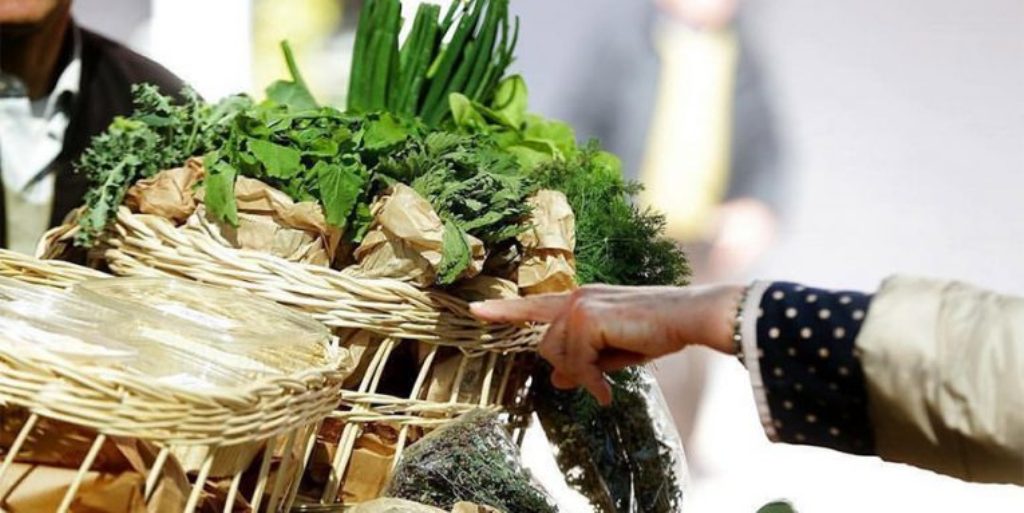
Drita, who is a pensioner, thought she could find some consolation by talking to her friend; however, the latter had the same problem. “We haven’t bought any tomatoes or cucumbers since the New Year. 250 lek per kilogram is a lot of money and it’s unaffordable for us”.
This is a normal conversation between ordinary people who go to the market and who know reality better than those people who stay in the office all day dealing with numbers and figures.
Prices for fruits and vegetables have seen a significant increase in the recent days. Vegetables should be cheaper now due to seasonal effects, however this is not the case at all. Leek, cauliflower or broccoli are more expensive than before the New Year. The same can also be said about other produce such as lettuce, onions and potatoes. What is the reason for this? According to the head of the Albanian Agro-Business Council, Agim Rrapaj, this has to do with shortages in the market. “First of all, the reduction of the area being cultivated with several vegetables has had an impact on this. In 2017, farmers were damaged by the bad weather and they’re not cultivating the same amount as before”, he told Albanian Free Press. Meanwhile, Rrapaj also added that Albanian farmers are more interested on cultivating produce which have a high profit margin rather than cultivate vegetables. As a result, there’s a lower supply in the market, while demand for them remains the same. This, in turn, leads to price increases. “But let us not forget high production costs that farmers face or the bad weather conditions, the long summer, floods and the harsh conditions in winter which destroy their produce”, he added. Meanwhile, Rrapaj also says that domestic produce are facing serious problems, while encouraging state institutions to intervene in order to improve the situation. “It’s a simple matter of supply and demand”, he said.
Lack of domestic produce is also reflected on exports
Less vegetables and fruits produced in the country means extra costs for the Albanian consumer and at the same time, fewer exports abroad. As a result of a falling production by farmers, it’s harder for them to honor the contracts that they have signed with their customers. Given that they’re inclined to making higher profits, then they will fill the gap created by falling exports with the produce destined to Albanian markets.
REPORT
INSTAT confirmed price increases in January
The country’s office for statistics, INSTAT officially confirmed the fact that the price of vegetables in Albanian markets grew during the month of January. In its latest report on inflation, INSTAT said that these articles saw the biggest price increase.





 ALB
ALB
 ENG
ENG
